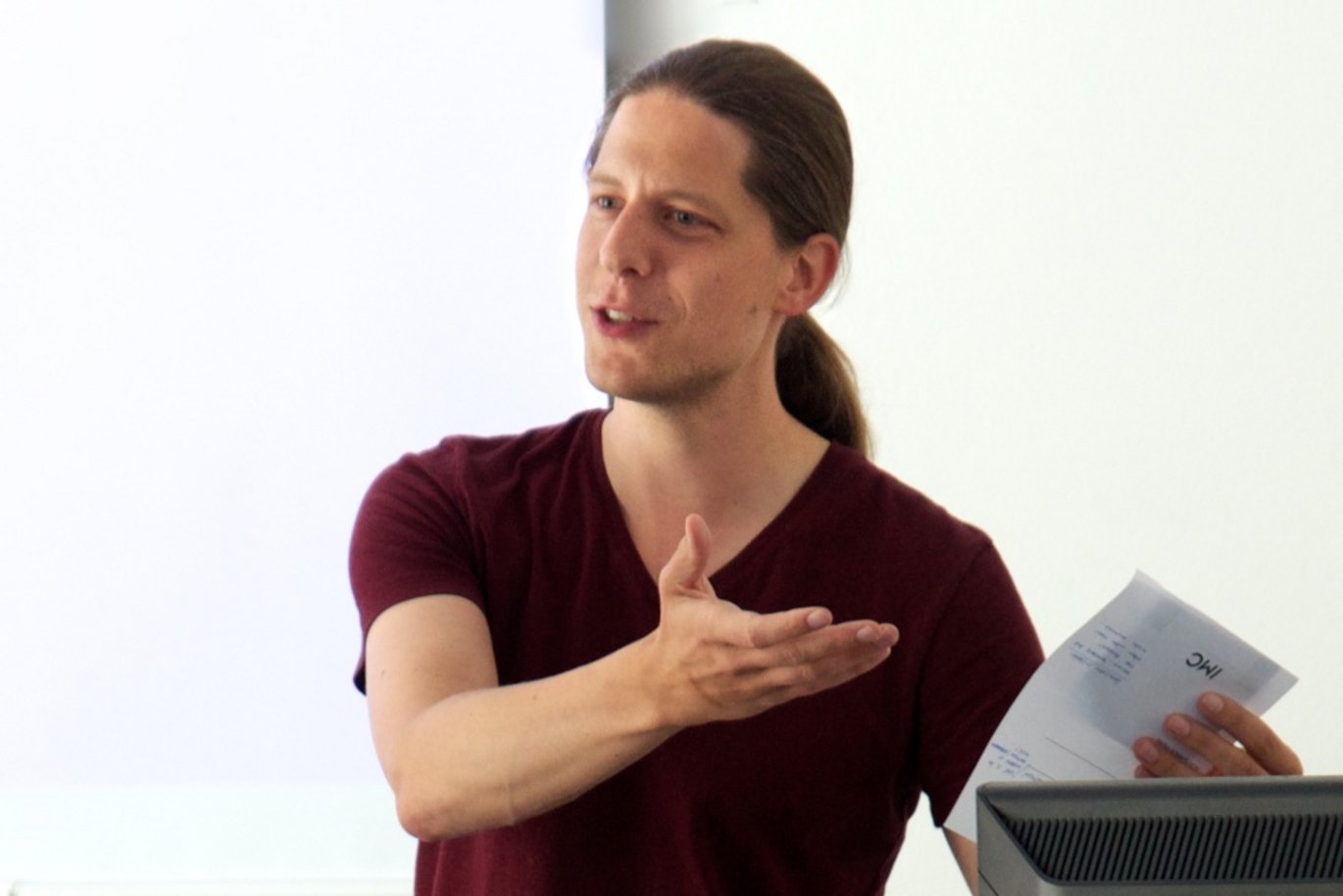Sebastian Wallot: ‘Language games as a core concept for research on reading behavior
The empirical study of reading dates back more than 125 years and forming one of the oldest research traditions in modern psychology. Despite this long tradition, the scientific understanding of reading has only made limited progress

Info about event
Time
Location
IMC meeting room, building 1483-3, Nobel Parken, 8000 Aarhus
Organizer
Tens, maybe hundreds of models and theories of reading exist that explain the same observed facts about reading, but in radically different ways. Also, even the most basic facts about reading vary considerably as function of reading context, reader properties, or language. This has lead to the proposal that reading behavior can ultimately not be decomposed into different components aspects (‘component-dominant-dynamics’ – CDD), but that it is rather a function of the relations between cognitive, language, and task-components (‘interaction-dominant-dynamics’ – IDD). The current state-of-the-art in reading research seems to be well captured by this proposal, but it is unclear how to productively advance a line of research within that framework. Making things even more complicated, the IDD framework itself seems imply the invalidity of some of the most basic research tools in the social sciences, such as the experimental method.
In this presentation, I will outline a general research strategy for reading research that a) is consistent with the IDD framework, i.e., that reading behavior is not (fully) decomposable; b) is centered around some minimal assumption about meaning, which I argue must be a central invariant characteristic for a theory of reading; and c) that can be operationalized by combining traditional research methods with methods from the field of nonlinear complex systems. At the center of the proposed strategy will be a version of Wittgenstein’s concept of language game and I will try to show how language games can be used to understand reading behaviors at a general level and that they also provide a conceptual bracket for the CDD and IDD framework in reading research.
